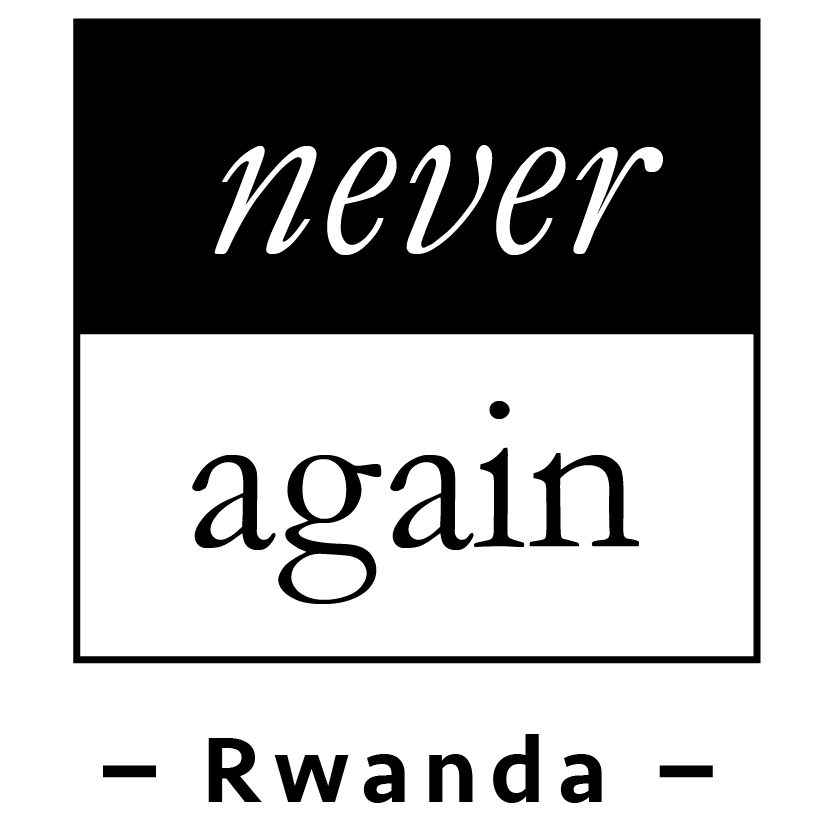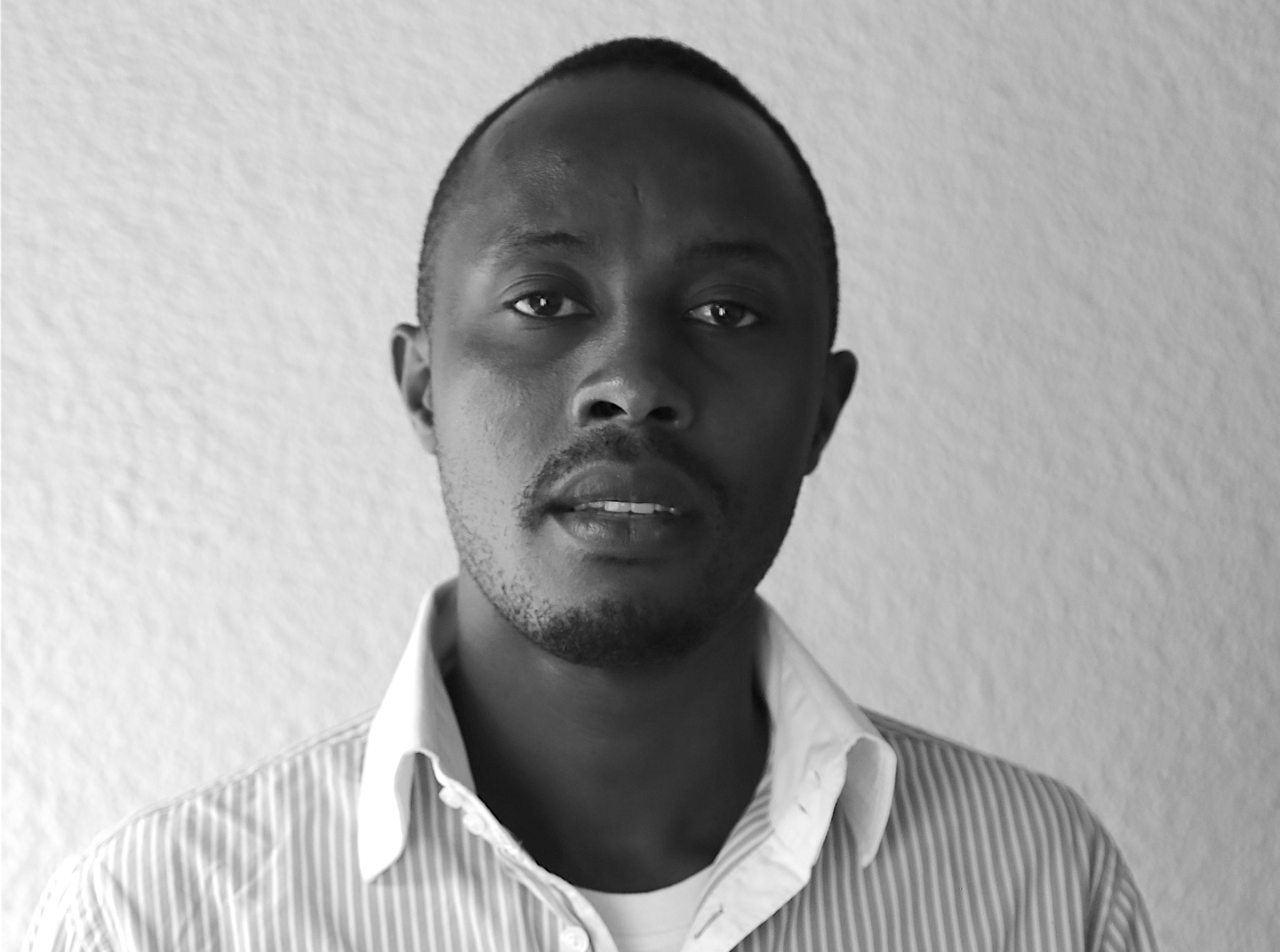In order to strengthen citizen participation in a democratic country, citizens should be at the forefront of decision-making in all societal programs. Fatuma Ndangiza, Deputy Director of the Rwanda Governance Board (RGB), said at the launch ceremony of the Never again Rwanda (NAR) initiated Citizens’ Forum: “It is better to consult citizens before planning governance programs”.
By learning from experience, in many democratic countries around the world, citizens have always been educated so that they can know the importance of their participation. But still, in most African countries, it has been noted that the citizen participate mainly in the implementation of the programs, in the elections of leaders, volunteering during elections and contesting in elections; while having low participation in the planning of programs as well as the formulation of policies, laws or decision-making and in the evaluation of government programs which gives privileges to ask for leaders’ accountability.
Citizen working together with decision makers
A well-known saying from Mahatma Gandhi says: “Everything you do for me without my participation is not for me”. It is important for citizens to work together, share experiences and consult each other. NAR has created the citizens’ forum in ten districts of Rwanda since July 2015, particularly in the districts of Karongi, Bugesera, Musanze, Gasabo, Huye, Gicumbi, Rwamagana, Nyarugenge, Nyabihu and Nyaruguru. This has led to some experiences of citizen participation through these citizen forums.
Although the Rwandan government has adopted many approaches to promote citizen participation, including Akagoroba Kababyeyi, the Citizens Council, the Umuganda General Assembly, etc. NAR has designed and applied this approach of citizen forums. This became an excellent opportunity to strengthen the links between citizens and decision-makers.
Citizen Forums transforming members into governance program facilitators and owners.
When citizen forums were launched, citizens and local leaders were committed to work together and citizens committed to always reporting the issues and concerns discussed to local leaders. In return local leaders committed to always consult with citizens, but they did not know that this would later create a greater sense of belonging among citizens for governance programs.
In order to illustrate how the citizen forum promoted governance program ownership, let us mention one of the CF facilitators in the Rutare sector in the Gicumbi district who introduced a novelty of a new mechanism complementing government programs by forming citizen groups at village level to make a difference. They do community work early in the morning before going to work at the village level, digging terraces for fellow citizen’s farms to fight against erosions. Now, many citizens’ fields are erosion-free and the harvest is secured through this initiative after local leaders saw the results contributing to the sector performance contract (Imihigo); they consulted him on how to replicate this in other villages.
Hearing stories like these teaches us how much participatory governance is based on context; that these initiatives can be directly copied from one situation to another. Lessons learned can be used as local decision-making solutions, being more practical for citizens. And all government institutions may be actively involved in always consulting citizens, but also learning to tailor programs to traditions and history.
Dr. Joseph Ryarasa, Executive Director of Never Again Rwanda, on the occasion of the International Day of Democracy on September 15, 2017, commented that the perception of a true democracy is seen at the level of citizen participation: “The democracy begins at home. Even children know how to work and claim their rights. The world has become a village. It is very easy to share success stories between different nations because democratic values are universal, the only difference is in the implementation which depends on the cultural and historical context. There is no excuse, people must learn from each other’s success stories and learn from lessons learned for their own personal development.”
Written by N. Muhozi Paul, NAR’s Governance & Rights Program officer

